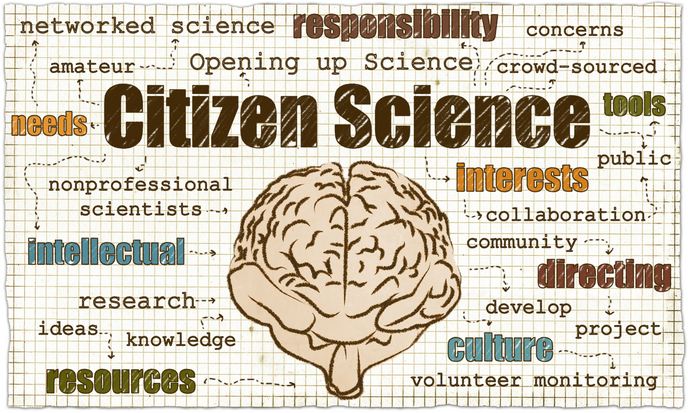Using the power of citizen science to boost COVID-19 research
Addressing the unprecedented challenge posed by the COVID-19 pandemic, several measures have already been taken at national and EU levels. In addition to various past and ongoing research actions related to coronaviruses and outbreaks, the European Commission launched several initiatives to improve epidemiology and public health and to develop diagnostics, treatments and vaccines as well as infrastructure and resources that enable these efforts. Recognising the importance of citizen science, a rapidly expanding field of innovation with significant implications for and potential benefits to society, policy and various academic research areas, the EU-Citizen.Science project has created a platform to provide different tools and best practice examples for various stakeholders. A blog post on the project website states: “If anything, this global pandemic highlights the importance of sharing knowledge and resources, and the value of everyone chipping in to help. Where possible, we have highlighted citizen science projects that are directly targeting COVID-19 research, projects that can be done from home, and various places where conversations and collaborations are taking place.” One such example involves the use of apps to upload data over the spread of virus symptoms. Another post includes “links to citizen science and crowdsourcing projects that might be of interest to: citizens wanting to help tackle the virus; researchers looking for support during interruptions to their fieldwork; parents looking for ideas to support children who are homeschooling; anyone looking for useful ways to fill their time while self-isolating.”
Monitoring coronavirus trends
Flusurvey, an initiative listed on the EU-Citizen.Science website, monitors trends of infectious diseases in the community. As explained on the Flusurvey website, the web tool “was originally set up during the swine flu pandemic in 2009 by researchers at the London School of Hygiene and Tropical Medicine and forms part of a Europe-wide initiative with eight other countries to monitor influenza-like illness (ILI) activity but has now been adapted to monitor a range of diseases including COVID-19.” Covering participants in the United Kingdom, the Flusurvey system will offer useful insights on community transmission, exposure risk, changes in healthcare-seeking behaviour and adherence to recommendations in order to help limit spread of the coronavirus in the general population. Another similar initiative is called Covid Near You that uses crowdsourced data to visualise maps to help citizens and public health agencies identify current and potential hotspots for COVID-19 in Canada, the United States and Mexico.
Central reference point
The EU-Citizen.Science (The Platform for Sharing, Initiating, and Learning Citizen Science in Europe) project will run until December 2021. Quoted in a press release by EU-Citizen.Science project coordinator Museum für Naturkunde – Leibniz Institute for Evolution and Biodiversity Science, Dr Katrin Vohland says: “The newly created European Platform for Citizen Science serves to build up content and operational capacities. It provides information on projects as well as resources such as manuals on various topics in different languages and formats.” The platform offers users the opportunity to search for citizen science projects across Europe by title, keywords, countries or research topics. For more information, please see: EU-Citizen.Science project website
Keywords
EU-Citizen.Science, coronavirus, COVID-19, citizen science



